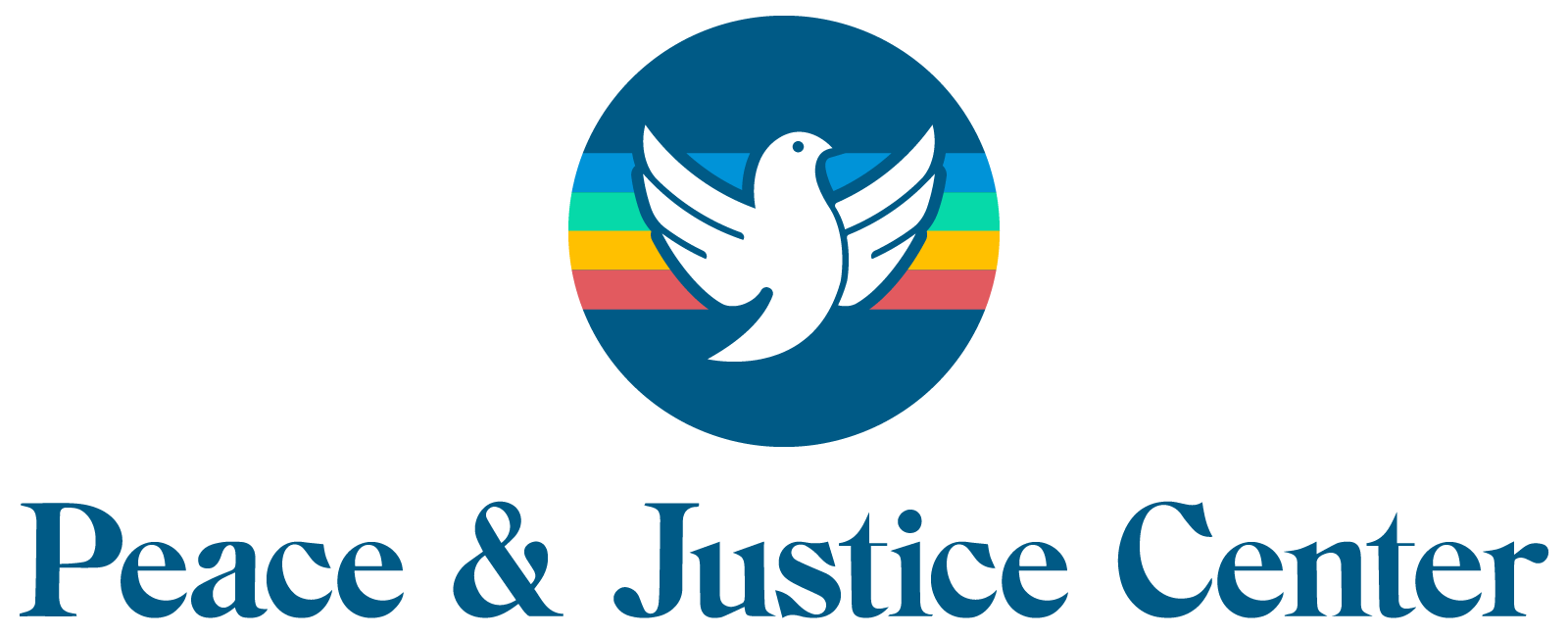The fourth of July has always been a staple summer time holiday for me. Growing up, the fourth meant going out on the boat, seeing family and friends, my mom’s brownies, sparklers in the driveway, and patriotic attire from Old Navy. This year, it isn’t just the parade and the fireworks that have me thinking about Independence Day. On July 5th, 1852 Fredrick Douglass presented The Meaning of July Fourth for the Negro that not only addressed the crowd present at the time of the speech, but also continued to confront and inspire reflection in millions of Americans even 162 years to come. As the hotdog rolls and ketchup move to the front of the grocery isles, I reflect on Douglass’ call for racial equality at a time when our nation both sought freedom and endorsed slavery.
As a scholar and former slave, Douglass simultaneously offers intellectual merit and personal experience to his thesis and belief that July fourth as a holiday belongs solely to the white man. Douglass opens with recognition and praise of the founding fathers for putting together the building blocks of our nation, however the real purpose of Douglass’ speech lies in his stance that “the rich inheritance of justice, liberty, prosperity and independence, bequeathed by your fathers, is shared by you [white people], not by me [black people].” He asserts that the American ideology outlined in our constitution is inconsistent in application in society at the time. Douglass’ arguments use compassion, condemnation, and religion to communicate that the freedom our country was built on extends only so far as one’s own shade of pigment, pointing out the injustice and hypocrisy in the celebration of this logic. Keeping in mind young America’s place in the global arena as impressionable and exposed, Douglass concludes his speech positively, believing that racial equality will prevail as the abolitionists movement pushes on and international policies around slavery change.
Now, over a century and a half later, we can see that Douglass’ forecast was accurate in the success of abolishing slavery, nevertheless we are still living in a world of racial inequality. One thing about my experience with Independence Day is that I spent relatively little time acknowledging what July fourth actually meant for our nation, what it meant for all the other white individuals, and what it meant for racially diverse communities. So, what are we really celebrating when we break out the red, white, and blue? Justice and freedom for all? Let us not be disillusioned to the fact that the racism that supported slavery still challenges our nation. All Americans do not enjoy freedom and justice to the same degree. This year, reconsider the meaning of freedom and racial justice through a historical lens in a participatory reading of Fredrick Douglass’ speech The Meaning of the Fourth of July for the Negro. Copies of the speech will be provided and audience members are encouraged to partake in the reading and discussion of this influential speech on July 8th, at City Hall in Burlington sponsored by the Peace & Justice Center.
By Andréa Martin
